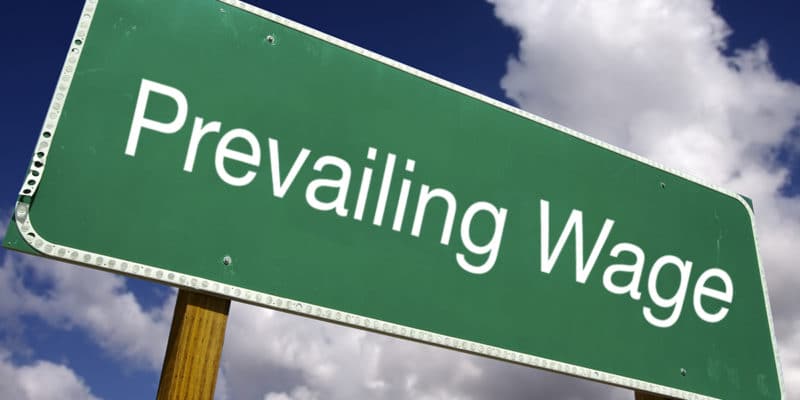The legislation seeks to make it easier for workers to recoup wages
By Kathryn Brenzel
March 12, 2020
A new bill seeks to crack down on construction wage theft in New York by shifting more responsibility to construction managers.
The legislation would leave general contractors on the hook for any outstanding wages or benefits owed to subcontractors on a project. Typically, workers can file a lawsuit against their employer – often a subcontractor – to recoup wages. But state legislators feel this leaves too many opportunities for companies to evade paying their workers.
“This is a major issue in the construction industry where, oftentimes, such direct employer is an unscrupulous subcontractor or labor broker willing to hide assets, change corporate identity and take part in other unscrupulous practices to avoid liability and make themselves judgment proof from a wage theft action,” a memo for the bill states.
The memo adds that making the “prime contractor” of a construction project (the company that inks a contract with the owner of a project) liable for the actions of their subcontractors would allow construction workers to collect unpaid wages more quickly and serve as “an incentive for the construction industry to better self-police itself.”
Sen. Jessica Ramos, who is the prime sponsor of the bill alongside Assembly member Marcos Crespo, said she’s been working with Laborers’ International Union of North America on the bill. She hopes the legislation will help hold companies accountable, given that construction is an industry where the hierarchy of labor can sometimes enable companies to defer responsibility. All too often, she said, companies think of construction workers as “disposable.”
“I want you to know what human beings you are employing,” she said.
In January, Gov. Andrew Cuomo vetoed a bill that would have allowed employees of all industries to place a lien against their employers’ assets while a civil action is pending. The legislation was intended to prevent instances where a company or entity dissolves before an employee is able to recoup their wages through court action.
Instead, the governor signed a bill into law that targeted limited liability companies, making the 10 members with the largest ownership interest in such entities responsible for unpaid wages to employees (but without the lien option). …
At the state level, in 2017, the Department of Labor reclaimed $6 million owed to ironworkers and welders from November 2013 to December 2017, marking the largest monetary recovery of its kind at the time. According to Cuomo’s office, the state has recovered nearly $300 million in stolen wages since 2011. The U.S. Department of Labor estimates that $1 billion in wages, across various industries, are stolen each year in New York.










